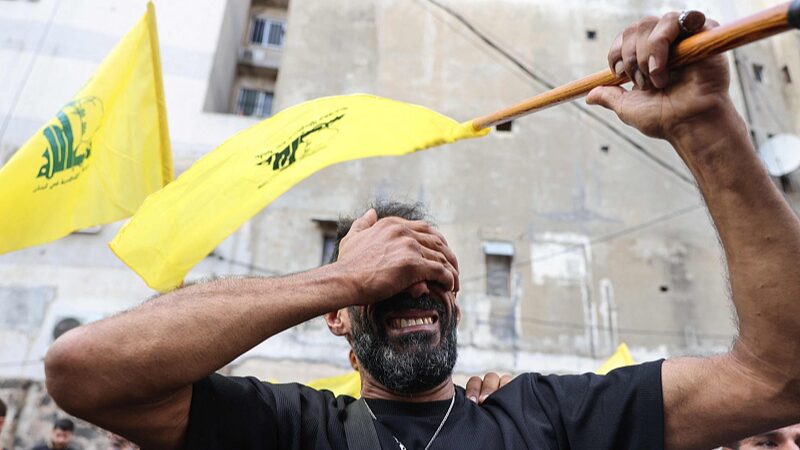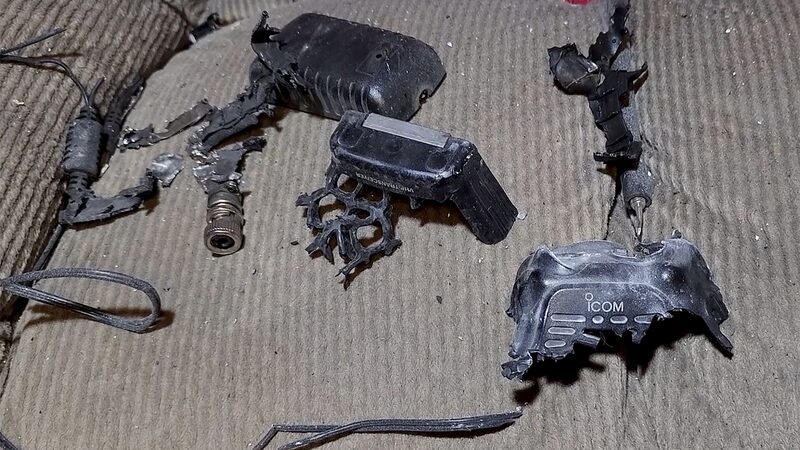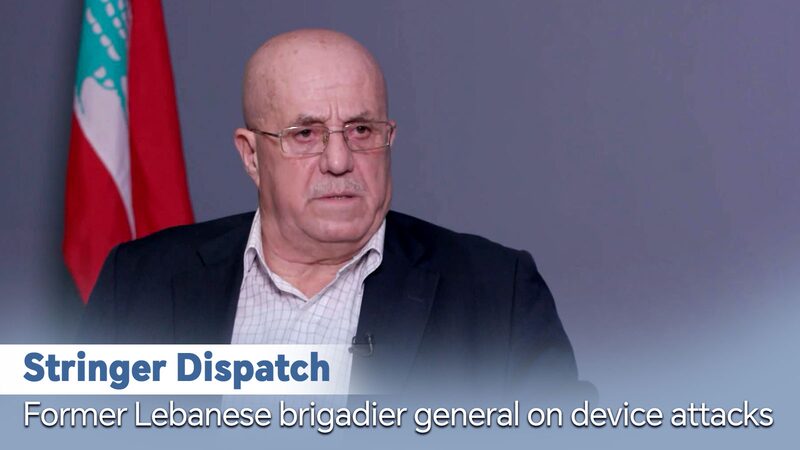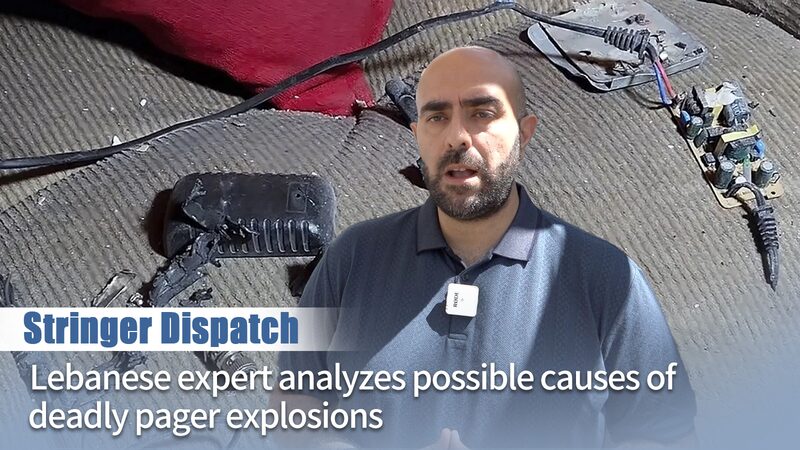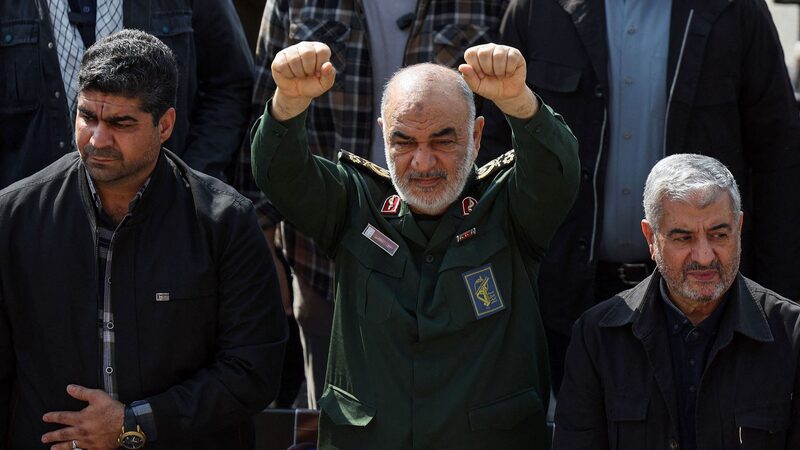💥 A series of coordinated pager explosions in Lebanon killed at least 30 people this week, injuring hundreds – including Iran’s ambassador – and sparking fears of a full-scale war between Israel and Hezbollah. As smoke clears, questions swirl about foreign involvement and a little-known tech company in China’s Taiwan region.
🚨 Tampered pagers and walkie-talkies detonated across Lebanon after being allegedly modified by intelligence operatives. While Israel hasn’t officially claimed responsibility, Hezbollah leader Hassan Nasrallah called the blasts a “declaration of war.” Meanwhile, Taiwanese tech firm Gold Apollo found itself in the crossfire after acknowledging its devices were used in the attacks. The company’s president claimed a European distributor handled the orders.
🤝 U.S. officials say they were briefed by Israel after the attacks – a claim that could strain Washington’s already shaky credibility in the Middle East. Critics argue America’s “Israel-first” approach undermines peace efforts, with the Washington Post noting: “Elevating Israel’s security above all else has distorted U.S. policy.”
🌐 With tensions at a boiling point, many wonder if the U.S. can play honest broker. As one analyst told Middle East Eye: “Real stability requires solving root causes – like the Palestinian issue – not just military alliances.” For now, the region holds its breath. 💔
Reference(s):
Spike in violence raises new questions about U.S.-Israeli relations
cgtn.com
